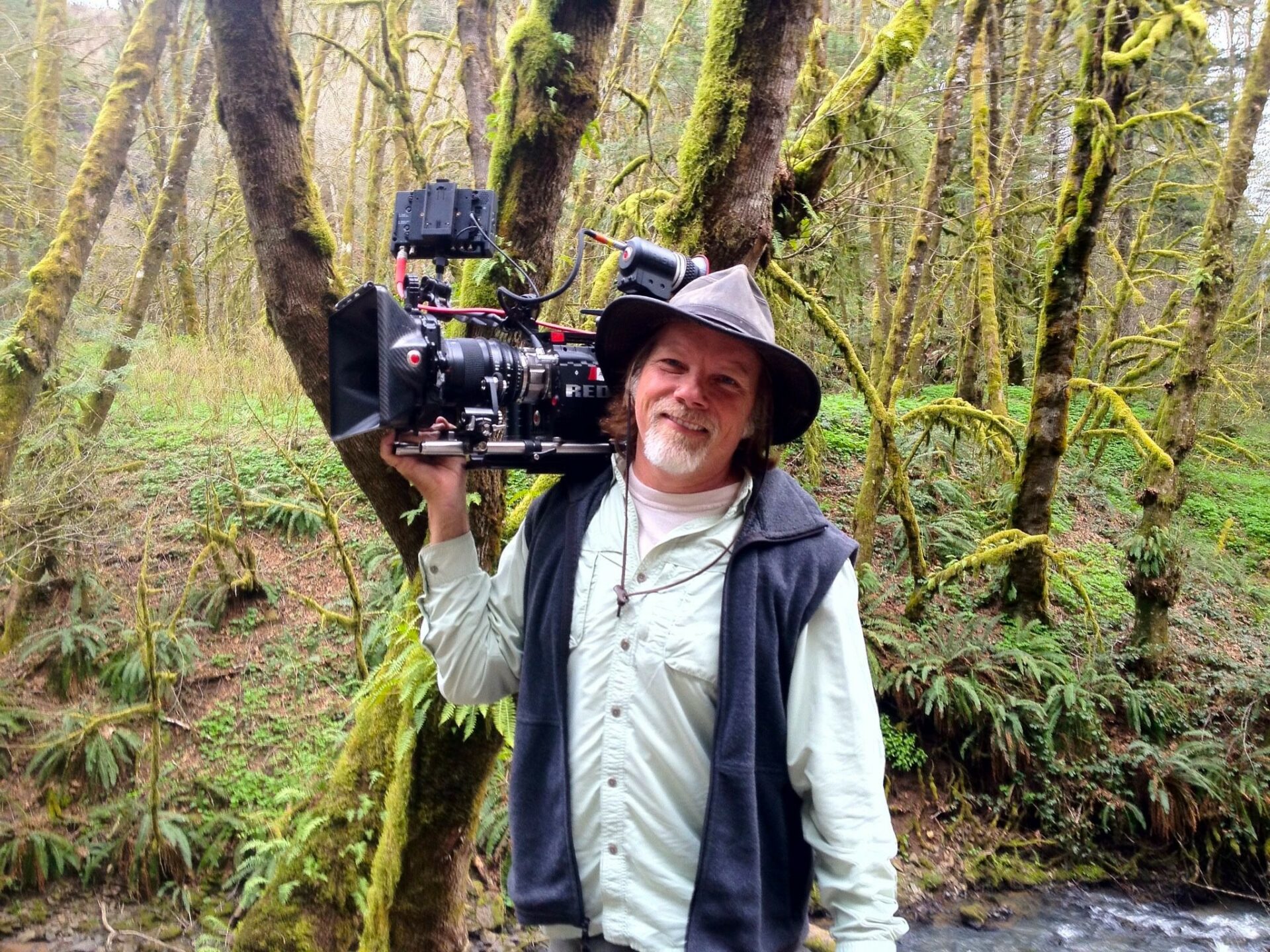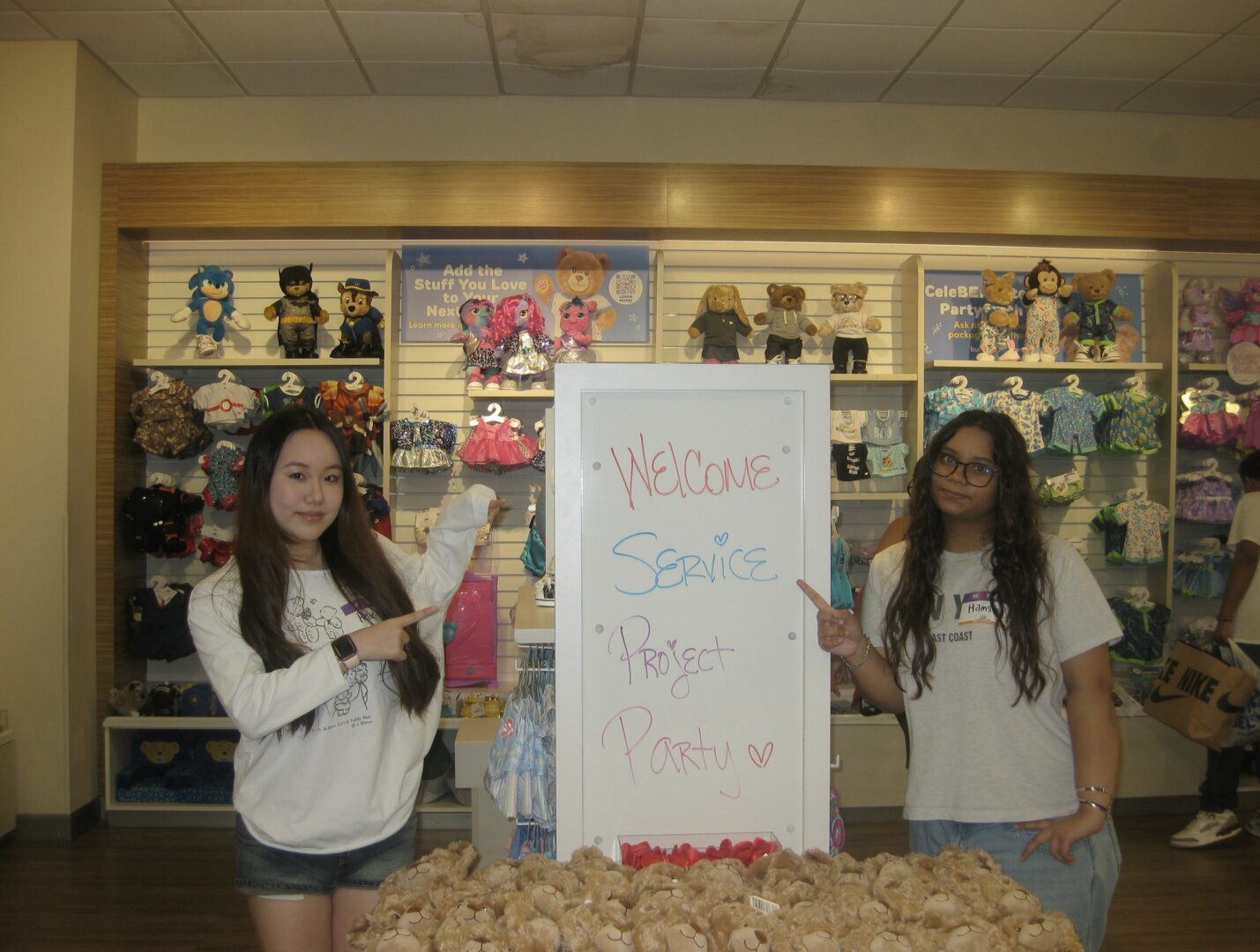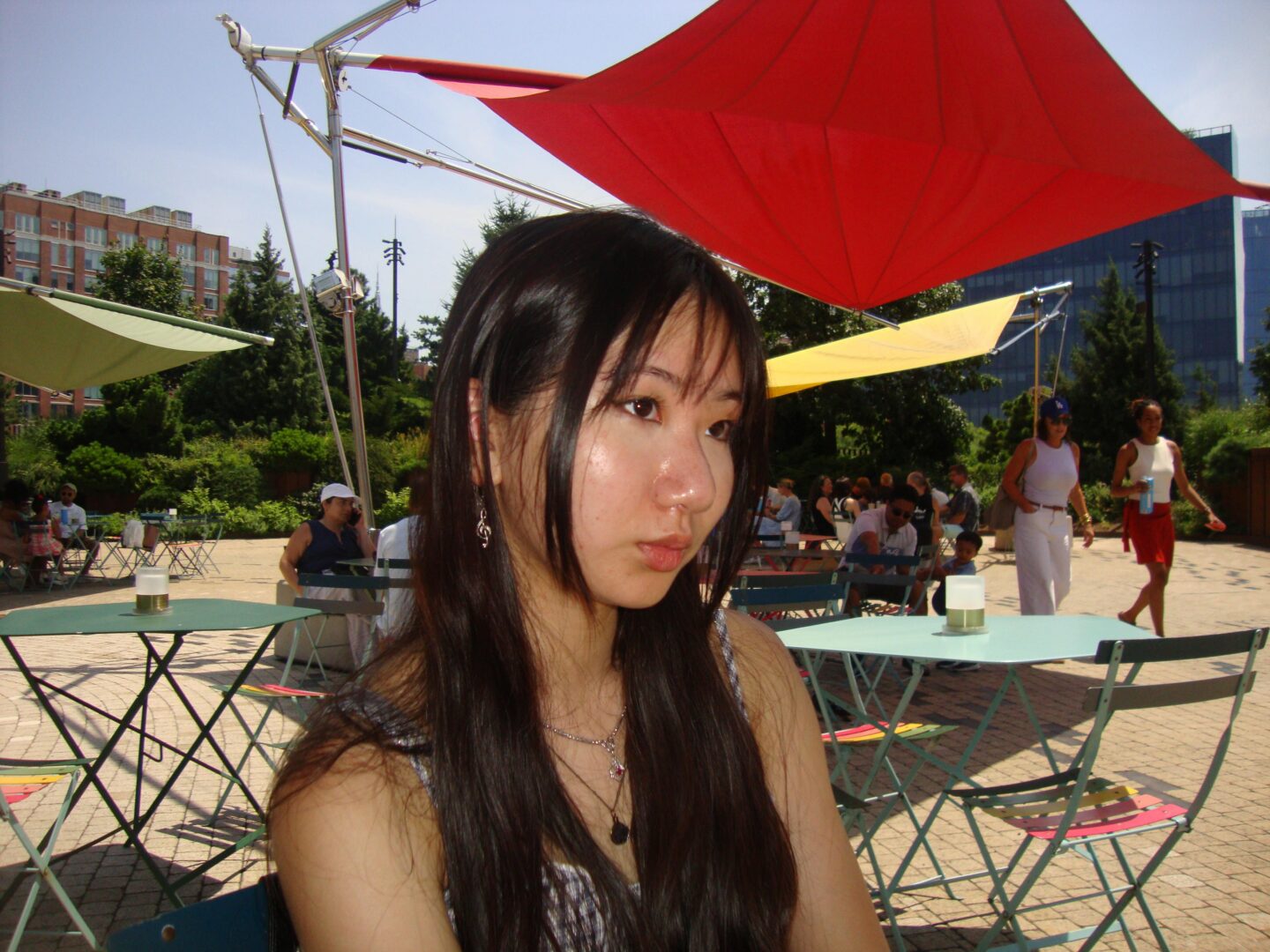We were lucky to catch up with Jim Orr recently and have shared our conversation below.
Jim, looking forward to learning from your journey. You’ve got an amazing story and before we dive into that, let’s start with an important building block. Where do you get your work ethic from?
I got my work ethic from my father, Bob Orr. He was constantly working on stuff in the garage -= building inventions, making RC controlled airplanes and gliders, fixing anything from electronics to the movie cameras I bought at the swap meet. He was always working on the house. I saw how hard he worked on his passions to make them come into fruition. Our family had a very modest level of income, but through hard work, he made a lot of our dreams happen. So I just naturally fell into working on things I liked and taking jobs like a paper route and lawn cutting business. I used this work to fund my little short films I made with my brother and friends. Not enjoying high school, I graduated and started accumulating more jobs – I worked as a plumbers assistant, pool tiler, roofer and a graveyard shift in a grocery store warehouse. All the while I continued to make 8mm and Super 8mm movies on the side. One day a friend gave me a Junior College catalog that had a film and TV department. I looked at it and saw that I might actually work in that business. I went and applied to the school, which I got in! But my enthusiasm was short-lived when they said the Film and TV Department was impacted and I couldn’t get in – no way, no how. But I persisted and they said talk to the Dean of the department. She immediately said the same – a giant Nope. I pleaded with her and said I own all the gear, I wouldn’t impact any of the other students, etc. But she was firm and said to not ask her again. I had 2 weeks to make the deadline to be admitted, or it closed for the semester. I became desperate, so I hatched a plan to plead my case daily to her. She always arrived to her office early, way before any students arrived. After my night shift job got off at 6:00am, drove to the college and made sure I was outside her door every morning, asking to get in. Everyday the answer was no. On the final day, I did the same thing, but in my exhaustion, I leaned against her office door and promptly fell asleep. Next thing I know, she is tapping my foot to wake me up. She said, OK, OK, you’re in, just stop falling asleep outside my office! I was groggy, but snapped awake and thanked her profusely! So began my film schooling and eventually led me to work in the film business in Hollywood as a Director of Photography.
Thanks for sharing that. So, before we get any further into our conversation, can you tell our readers a bit about yourself and what you’re working on?
I am a cinematographer. I film quite a bit of television and Independent films. The ultimate goal of my job is to convey the director’s vision. I absolutely and thoroughly love what I do! Everyday is always new and exciting! I get to use a mix of left brain/right brain! There is the complicated gear of cinematography – various cameras, filters, film emulsions, digital sensors and a virtual plethora of different lenses – brand new state of the art glass to wonderful vintage lenses – all having different characteristics and quirks that enhance the images for the project. And there is literally truckloads of Lighting / shading instruments. Sets built by phenomenal production designers, or out in the wilderness or in cities to make a scene feel real. All this technology paired with the skilled technicians and artisans deploying it sets the stage for creativity to flourish. I get to actually light the scenes, choose or help choose which focal length lenses and where to position the cameras, not to mention the various ways a camera can be moved or mounted.
It is virtually endless the choices to be made: the strength or absence of light, the colors, the shadows, the filters and so many other variables – one can never learn it all!
If you had to pick three qualities that are most important to develop, which three would you say matter most?
I think in the incredibly competitive world of Hollywood, one of the best qualities to have is perseverance. Freelance is not an easy life at all. Think of sometimes daily or weekly having to “search and apply” for a job. That is what freelance is like in the business. So one needs to keep plugging away and always have an eye toward ones next gig. Dovetailing off that, is relationships – probably the single biggest and most important quality to have is many relationships in the Industry. It is very important to be very good at ones job title, but it is of paramount importance to network and build relationships with as many people as possible.
Who has been most helpful in helping you overcome challenges or build and develop the essential skills, qualities or knowledge you needed to be successful?
There is so many people who have helped me in my career! From Film School professors like Greg Durbin at SDSU, to so many producers, directors cinematographers and virtually all departments of a film crew. Its impossible to name everyone, but Michael Johnson, Nick Nordquist, Michael Ojeda, Rocco DeVilliers, Dan McCarthy and Dirk Craft are a few. They have been quiet mentors and outright enthusiasts of me and my work – thank you all! I am always looking for new directors, producers and filmmakers to create with!!! I am open for people reaching out that have a project they are making.
Contact Info:
- Website: www.jimorrdp.com
- Instagram: @jimorrdp
- Facebook: Jim Orr
- Linkedin: Jim Orr
- Other: [email protected]
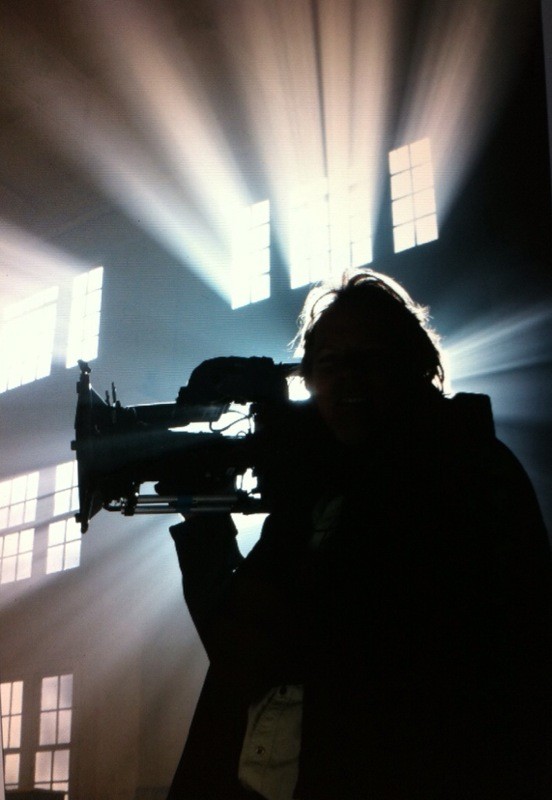
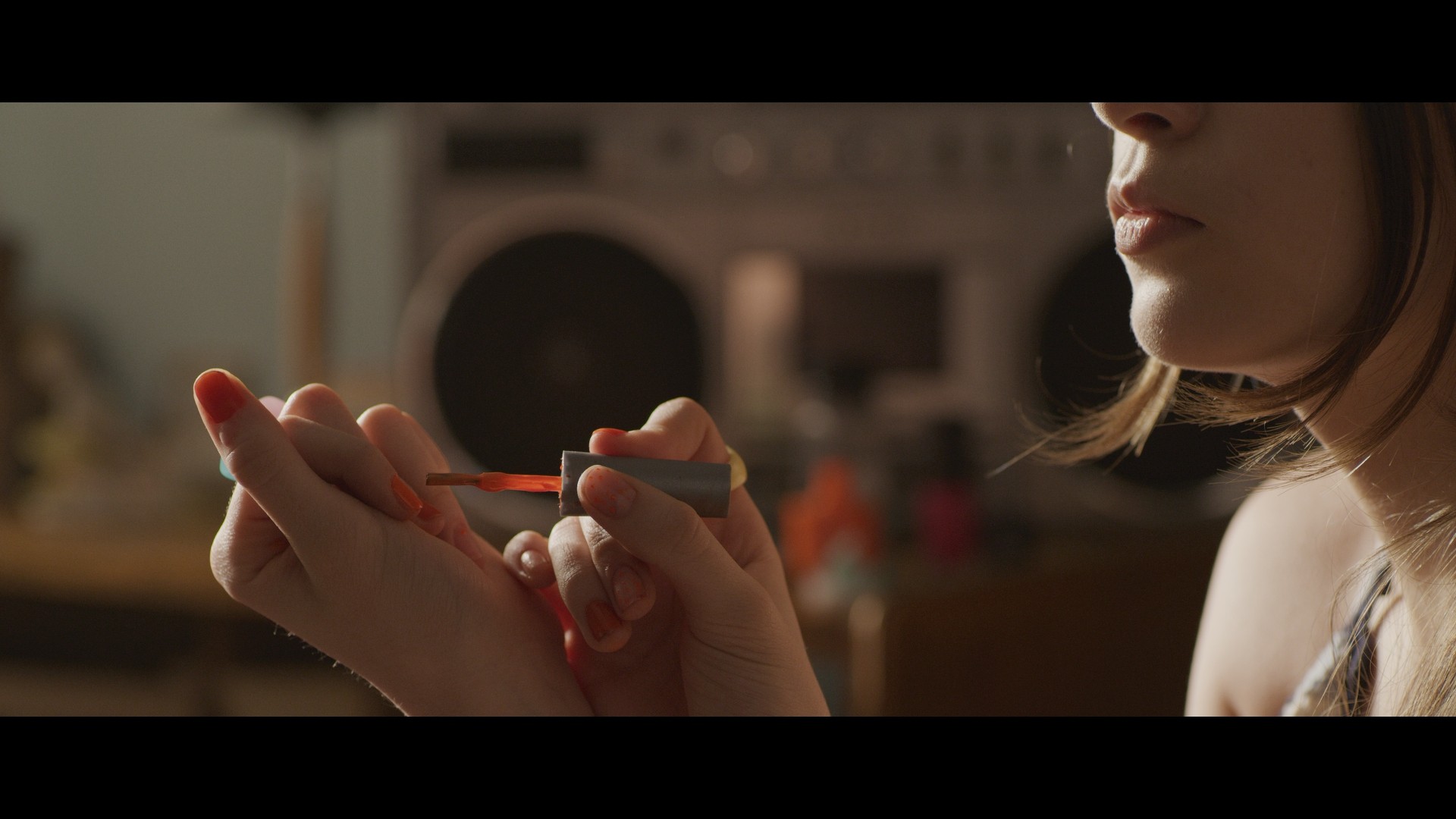
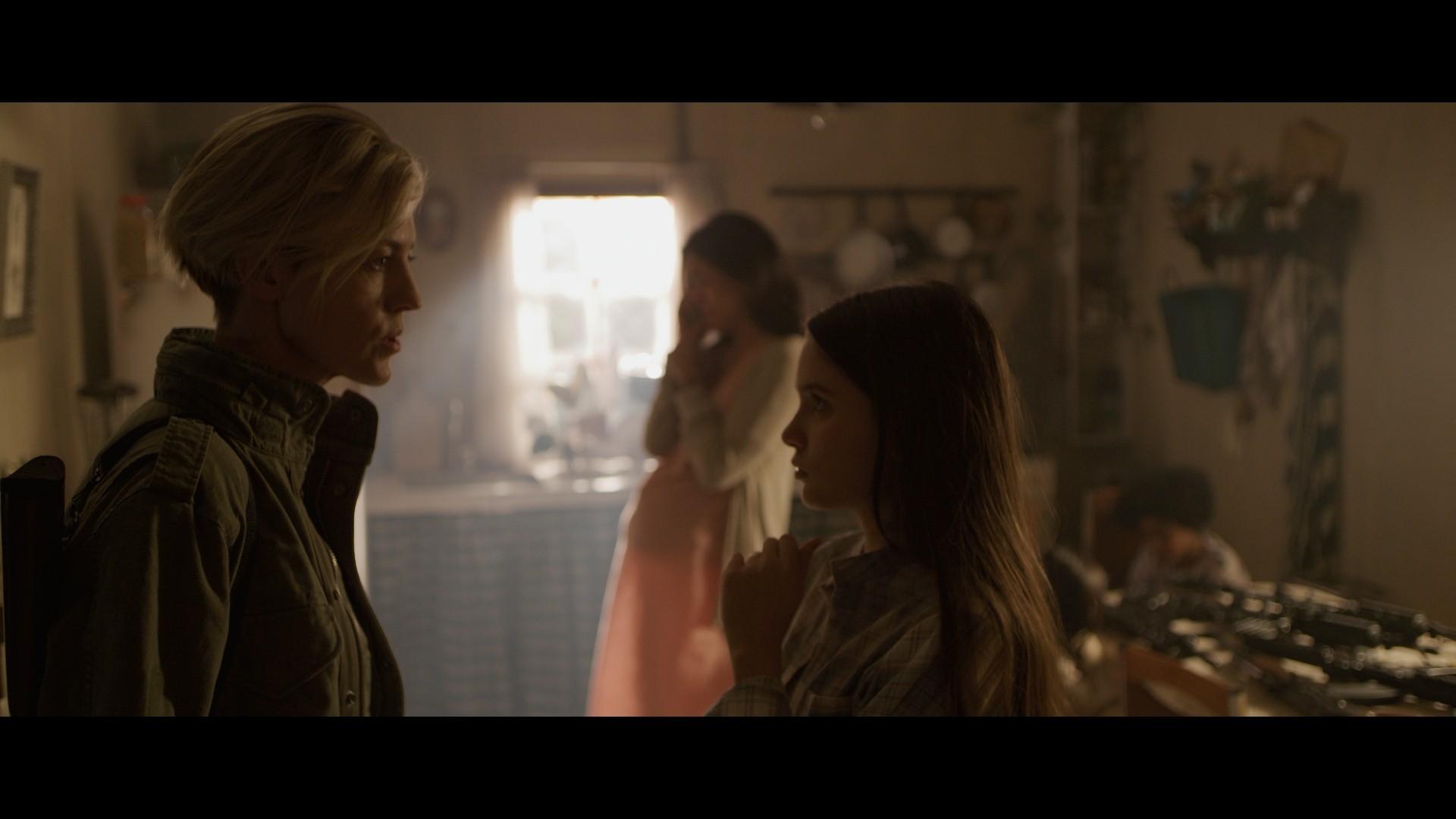
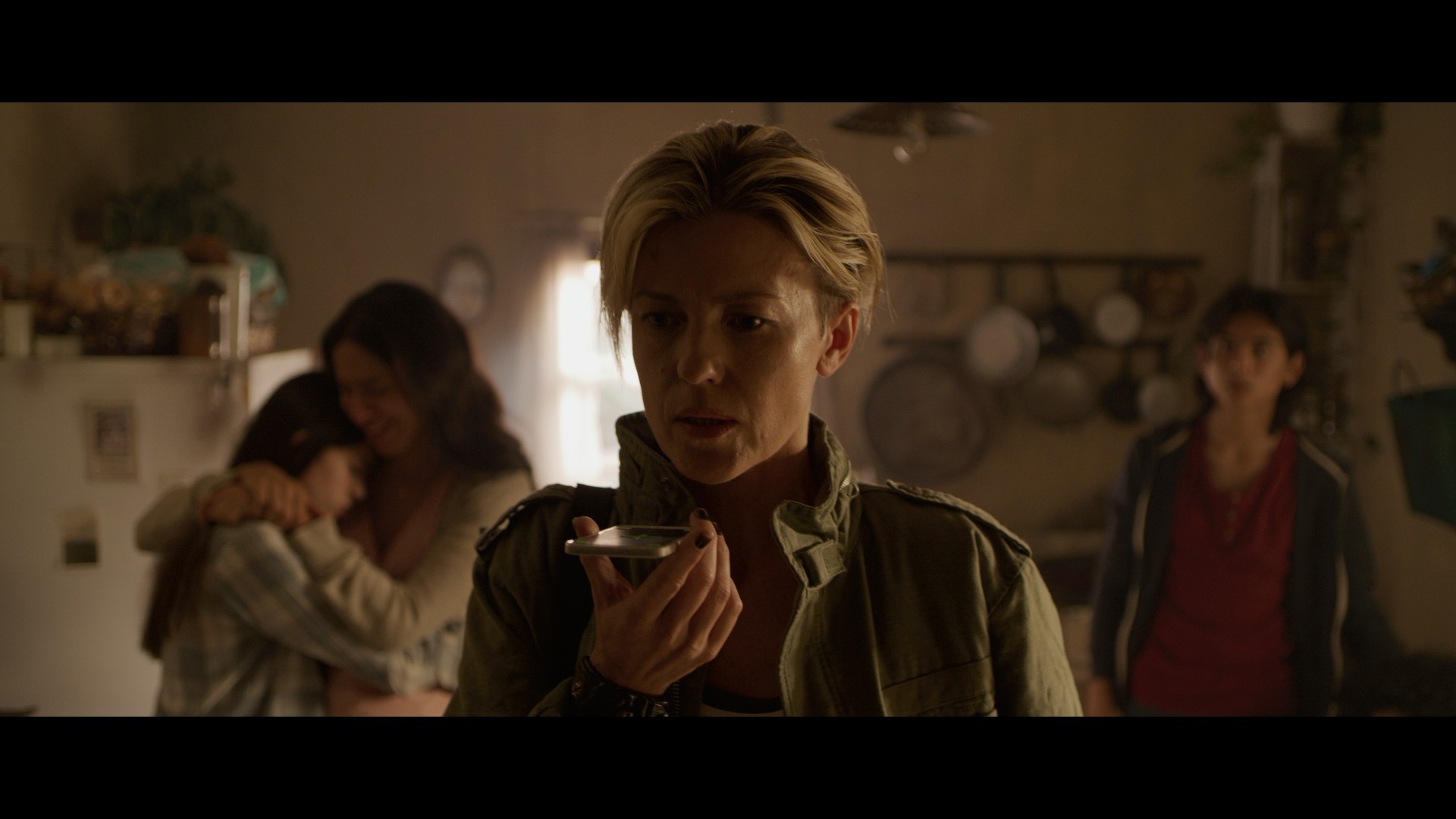
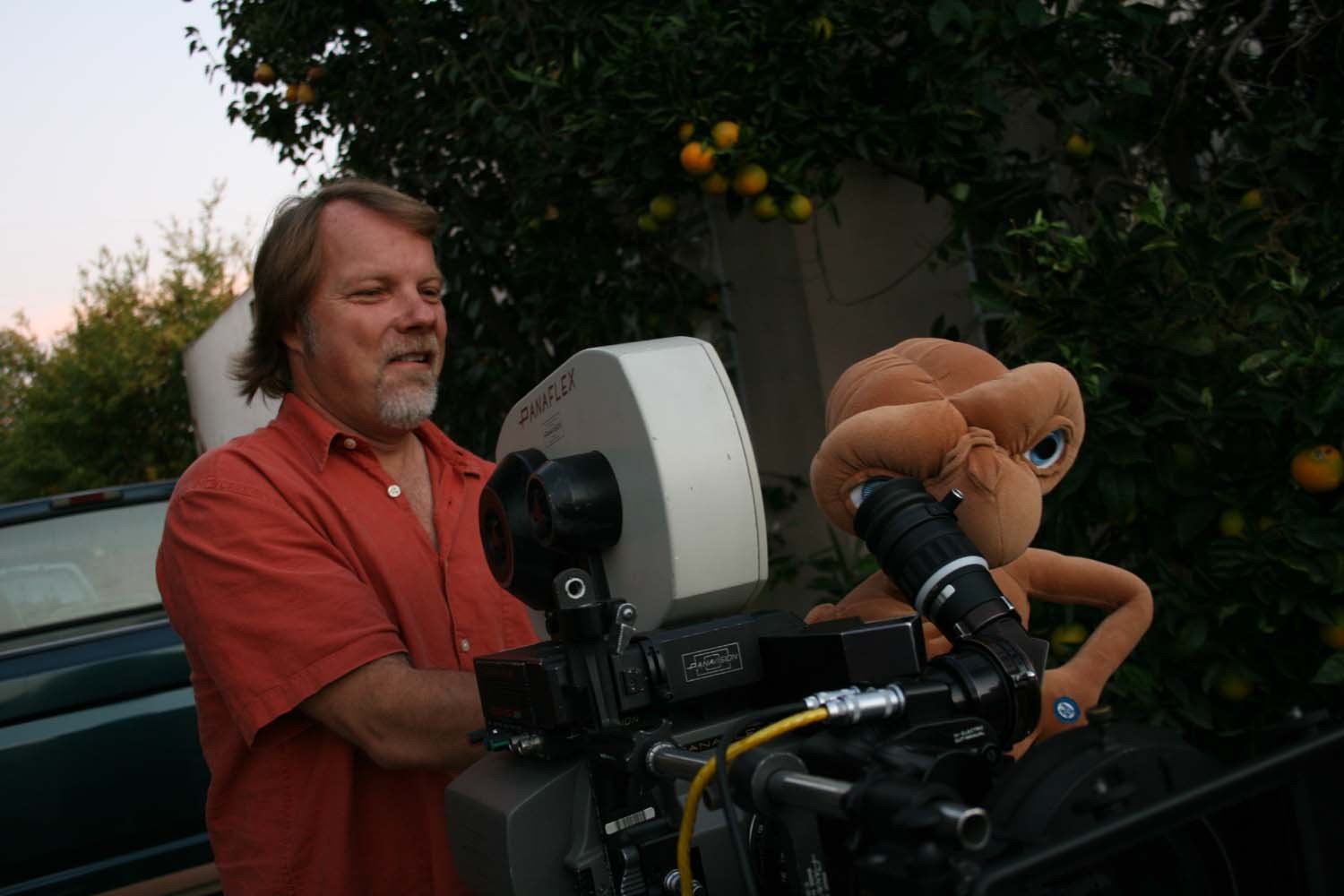
Image Credits
Jim Orr Florencia Perez Cardenal David West

